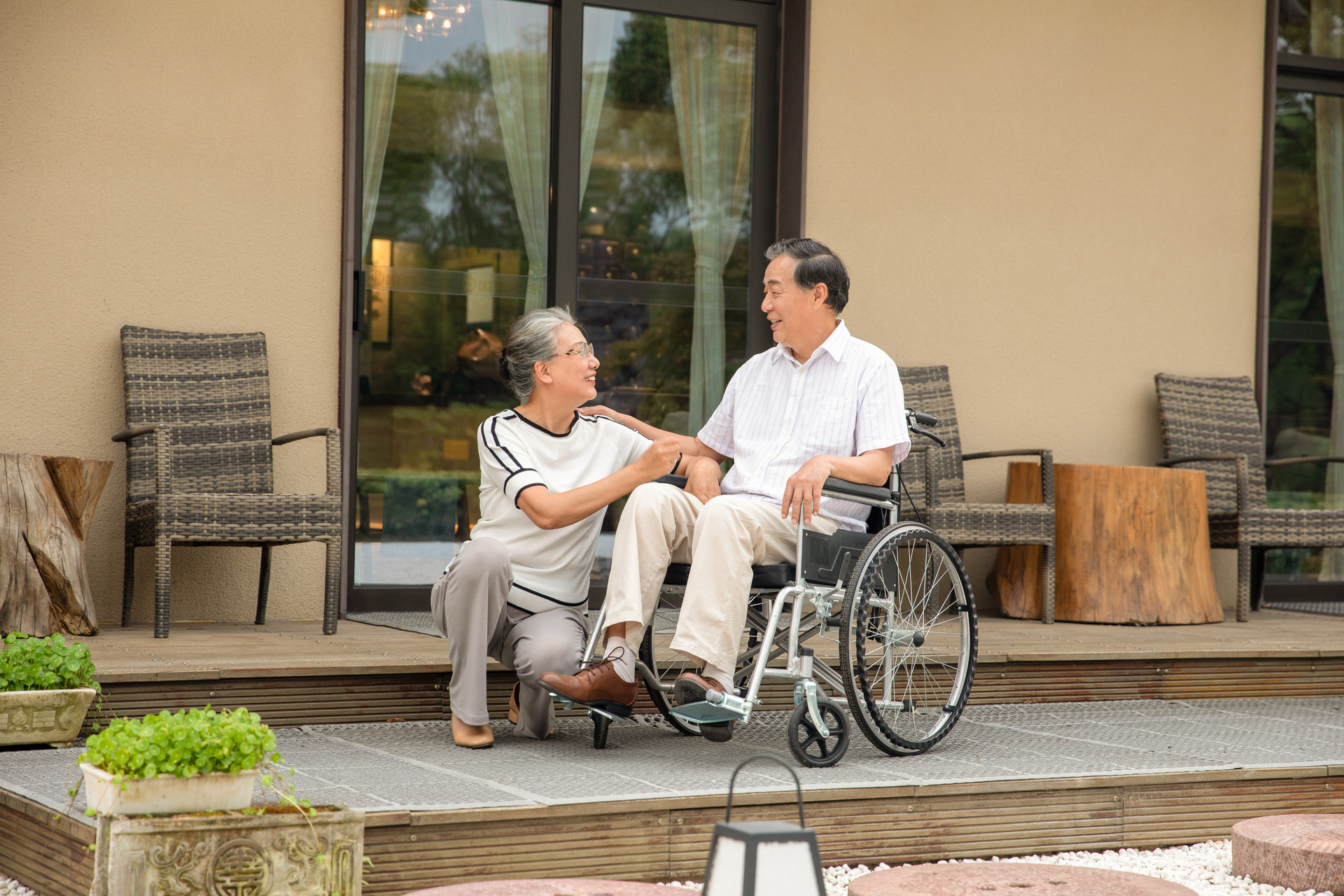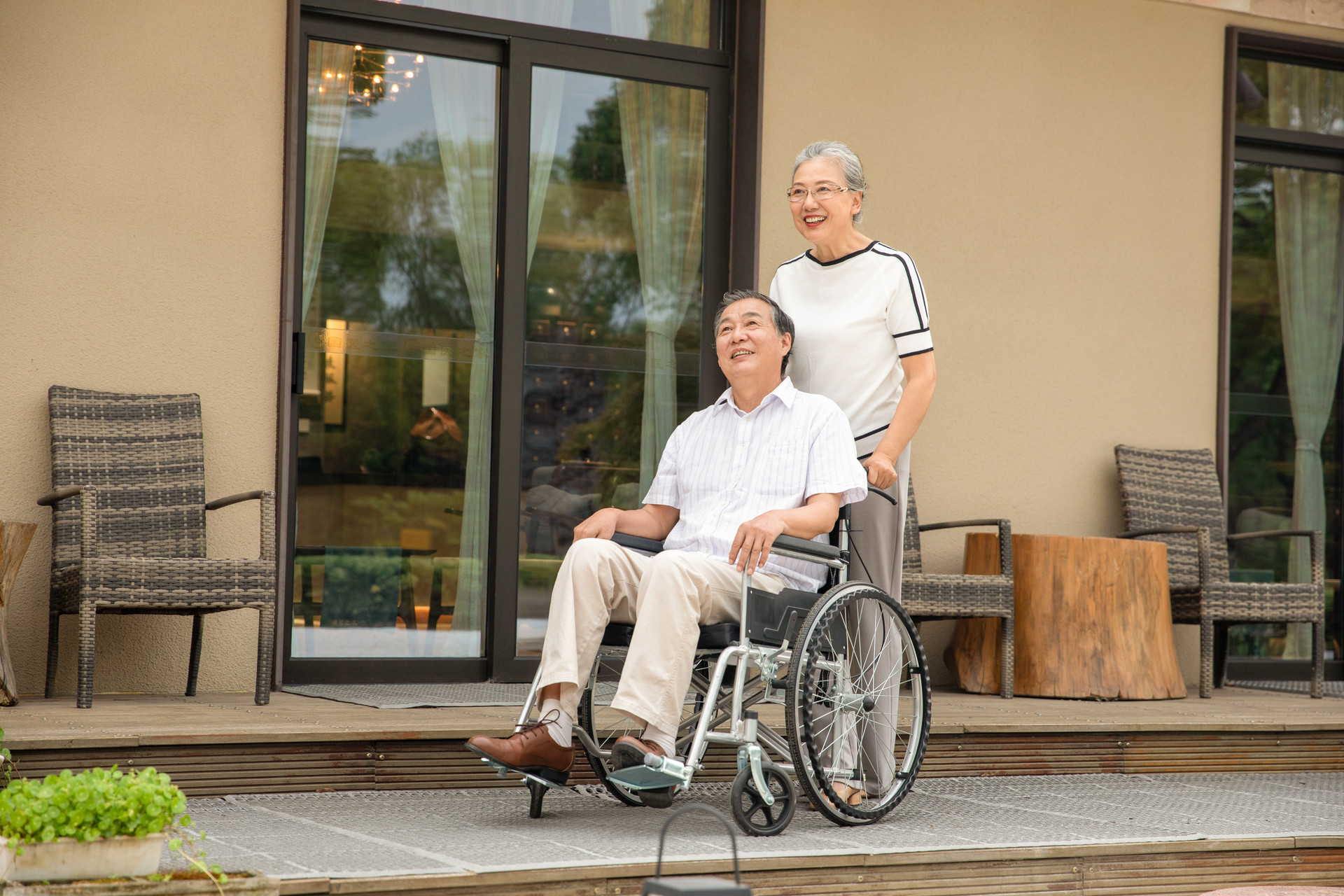China's Xinjiang is one of the world's five longevity regions. With an area of 1.6 million square kilometers, it accounts for 1/6 of the country's total area, but its population is only 13.08 million, accounting for 1/80 of the total population. According to the 1982 Third National Population Census, there were 3,851 centenarians and centenarians in the country, of which Xinjiang accounted for 865, or about 22.46% of the total. From the distribution of centenarians in Xinjiang, there are more in southern Xinjiang than in northern Xinjiang, and more in rural areas than in cities. In terms of ethnic composition, minority ethnic groups account for the majority. In terms of gender composition, there are more men than women. Based on the information about centenarians in Xinjiang, a preliminary exploration of their longevity methods is conducted.
1. To achieve healthy longevity, one must be optimistic. This is the most important factor, which directly affects other factors.
The saying "optimists live longer" is very true. It is often said, "Smile a little, worry a little less; worry a little, hair turns gray." This shows that emotions not only affect the body's functions but also the lifespan. Emotions are closely related to the hormones secreted by the body's endocrine system.
Based on our understanding, centenarians in Xinjiang generally have an optimistic spirit. They are gentle, kind to others, get along well with their neighbors, and rarely have disputes with them. They remain calm, do not get angry, do not get upset, do not like conflicts with others, and some have never argued with others in their lifetime. They have a cheerful personality, love to talk and laugh, and have little worries. Some centenarians have enjoyed singing and dancing since their youth and still enjoy listening to music. They have a broad mind, remain calm in the face of difficulties, are not in a hurry, do not worry, do not regret, think far and think clearly. They can handle things and let go. In the words of their descendants, "Even if the sky falls, they won't panic."
2. Adequate nutrition and moderate diet are the material basis for longevity. A regular lifestyle and moderate food preferences are beneficial to healthy longevity.
Diet is the basis of the body's material metabolism. To maintain the normal functioning of various body functions, sufficient nutrition supply is necessary. Studies have shown that there is no special diet that promotes immortality. A diet lacking in rich nutrition, with only plain food, cannot guarantee healthy longevity.
From the diet of centenarians in Xinjiang, it varies due to different regions and ethnic groups. They eat what is locally available. In agricultural areas, grains are the main staple, supplemented by meat, milk tea, vegetables, and fruits. In pastoral areas, meat and milk tea are the main foods, with grains being less consumed, and vegetables and fruits being rarely eaten. For example, in Turpan County and Yutian County, located in agricultural areas, there are 43 centenarians, of which 29 rely on lamb meat, sheep fat, and milk tea, accounting for 67.44%. In Yuli County, located on the edge of the Tarim Basin, a semi-agricultural, semi-pastoral county, 11 centenarians have lived a long time grazing in the desert, fishing and hunting for wild animals for food, drinking milk tea, eating fruit, and rarely eating vegetables.
The food structure of Xinjiang's ethnic minorities is relatively simple, but it is rich in nutrients. Centenarians are able to eat in moderation, neither being picky eaters nor indulging in excessive consumption. Therefore, to achieve healthy longevity, it is not about the diversity or simplicity of the food structure, or whether to eat meat or vegetarian, but rather about having sufficient nutrition and a moderate diet.
Most centenarians in Xinjiang maintain a simple, stable, and regular lifestyle. They have good habits, such as waking up early, going to bed early, cleanliness, and balancing work and rest. They maintain a certain rhythm in their diet, living, labor, and rest. Due to religious beliefs, among the 858 centenarians of ethnic minorities, except for a few who smoke, the rest do not drink alcohol or smoke. This shows that a regular life and good habits are beneficial to healthy longevity.
3. Long-term adherence to labor and physical exercise can promote healthy longevity.
Regular exercise is the foundation of fitness. If one does not exercise or exercises very little, a series of functional disorders may occur. Many examples have shown that people who have long-term adherence to exercise and those who do not have significant differences in physical, mental, and disease resistance abilities because life depends on movement. It has been proven that regular exercise can indeed promote healthy longevity, as evidenced by the situation of centenarians in Xinjiang.
Among the centenarians in Xinjiang, 98.05% have engaged in physical labor throughout their lives. They generally started participating in physical labor from a young age and continued to exercise after old age. For example, they often take walks or engage in household chores within their capabilities. Therefore, after reaching the age of 100, most of them still have good health and can take care of themselves.
4. A beautiful natural environment creates favorable conditions for healthy longevity.
The natural geographic environment has an impact on people's longevity levels.
| 1 2 > >> >>|










